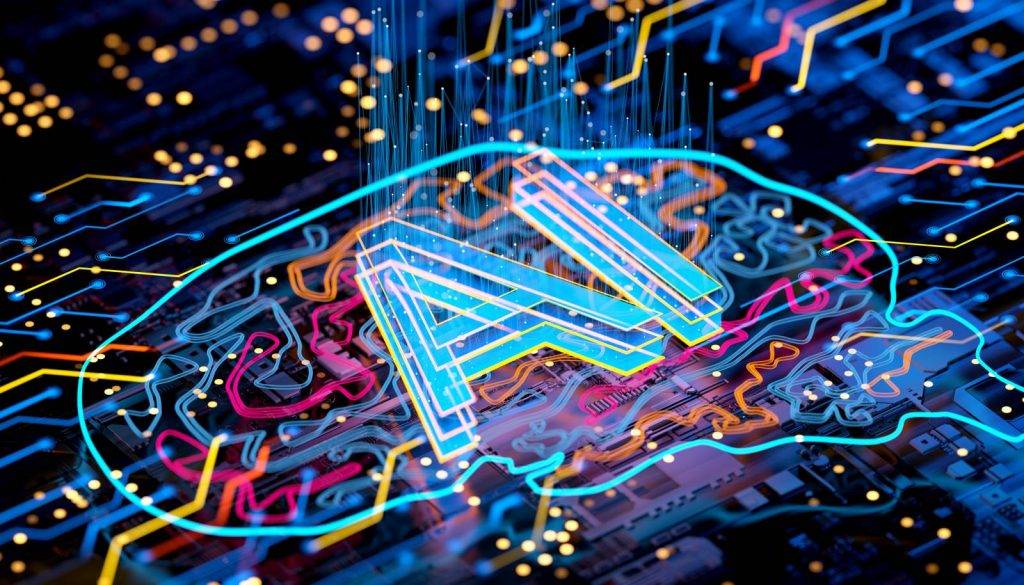
(Getty Images)
The South African education system has made significant strides in providing inclusive education post-apartheid.
Despite these notable achievements, the education sector continues to grapple with many challenges, such as unequal quality education, a shortage of qualified teachers and overcrowded classrooms. The transformative potential of artificial intelligence’s (AI) innovative solutions shines as a beacon of hope, offering new ways to teach and learn within the South African educational framework. AI can assist in providing access to inclusive, quality education.
Many learners are left behind by the education system. The first alarming issue to note is the teacher shortage crisis, which casts a long shadow over the education landscape, preventing quality learning experiences for pupils. Almost 50% of current teachers are retiring in the next decade, and universities are not producing enough teachers to meet the demand. This crisis leads to overcrowded classrooms, with the national average student-to-teacher ratio at 30:1. In some rural classrooms, there are up to 50 students per teacher. Studies recommend the ideal student-to-teacher ratio to range from 10 to 18 students per teacher within a classroom.
Another alarming challenge within the education system is that South Africa has one of the most unequal school systems globally, with better-resourced schools receiving better education than non-resourced schools. In 2020, Amnesty International Southern Africa found that “the top 200 schools achieve more distinctions in mathematics than the next 6 600 schools combined”. South Africa urgently needs to find a way to provide quality education to all students despite their backgrounds.
Lastly, the South African pupil dropout rates are concerning. Almost three out of 10 pupils aged 18 years dropped out of school in 2021. A large portion of these students said poor academic performance was one of their main reasons for dropping out. We need to foster an education system that encourages students to be motivated and thrive throughout their academic journey.
If we do not rectify the shortcomings within the education system, we risk ensnaring students in a cycle of missed opportunities. This can lead to unemployment, restricted income prospects, and, for some, even incarceration.
Recently, I had the privilege of delivering a TEDx talk — ‘Using AI to Bridge Learning Gaps in South Africa’ — where I explored the vast potential of AI to revolutionise education in South Africa. AI provides the education sector with ample opportunities to resolve the challenges it has been plagued with for decades. With 43.48 million internet users in South Africa, a number that grows daily, and the proliferation of mobile devices, the potential for integrating AI into education is vast.
The pervasiveness of mobile devices allows AI to be more accessible to the larger population through, for example, educational chatbots providing an encouraging path for enriching educational experiences.
AI provides us with tutors that facilitate a digital learning assistant that provides students with personalised support by providing exercises and assessments within the syllabus that are customised to students’ particular weaknesses. It can also overcome certain language barriers as AI can instantly provide translations to course material within multilingual classrooms.
In Tanzania, Ed-tech companies such as Silabu have created an AI tutor system called SATU that supplements and reinforces syllabus content to their students. Other Ed-tech companies in the country acknowledge that many students in Africa lack an internet connection or textbooks and therefore the company makes use of AI and SMS technology to provide learning content to learners. This AI analyses students’ learning and tailors education to their needs.
AI tutor systems can assist in solving the teacher shortage crisis. An example of this is the AI Liulishuo in China, which teaches students personalised English courses to 600,000 students at the cost of a single teacher. AI can assist in providing innovative solutions to local problems.
Furthermore, AI can assist in helping teachers provide quality education. AI can carry out administrative tasks, mark scripts and develop teaching plans, freeing up time for teachers to focus on fostering critical and problem-solving skills at a more personal level. Perhaps also freeing up time for teachers to have a more counselling and mentoring role to ensure students are well-rounded.
The South African education system is plagued with significant challenges, ranging from unequal access to quality education, a teacher shortage crisis and alarming dropout rates. AI presents innovative solutions to these longstanding issues, such as providing personalised learning experiences and bolstering teachers’ instructional capabilities.
It is imperative that we strategically incorporate AI into the educational sector now, ensuring we leave no students behind. By employing innovative solutions facilitated by AI, we lay the foundation for a more educated populace and prosperous society in South Africa.
James Maisiri is a doctoral student in the Department of Sociology at the University of Johannesburg.
 (1).png)
 9 months ago
49
9 months ago
49


















